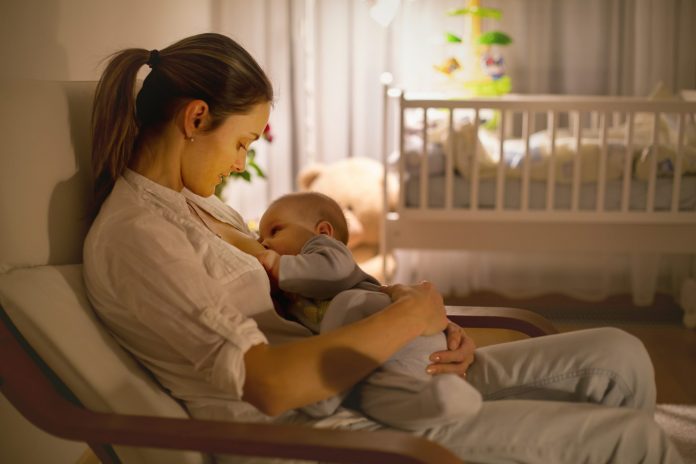It’s one of the most natural, bonding experiences in a mother’s life, yet for some it can also provide some serious challenges. While the benefits of breastfeeding are known, what do you do when you find it too challenging? And what do you do during a pandemic?
According to Australian Breastfeeding Association (ABA) Senior Manager Business Information and Research Naomi Hull, “breastfeeding is the natural and normal way to feed babies” and “should be the benchmark to which other forms of infant feeding are compared”.
“Rather than the ‘benefits’ of breastfeeding, there are risks of not breastfeeding,” she added.
The benefits of breastfeeding
The benefits of breastfeeding include:
- Prevents the risk of infections such as gastrointestinal infections; respiratory and ear infections.
- Improves cognitive development.
- Reduces the risk of SIDS.
- Reduces the risk of childhood cancers such as leukaemia.
- Protects against the development of allergies and eczema.
For the mother, in addition to increased risk of osteoporosis and ovarian cancer, Ms Hull adds that not breastfeeding also increases the mother’s risk of breast cancer, type 2 diabetes and high blood pressure.
 What to do if you struggle with breastfeeding
What to do if you struggle with breastfeeding
Challenges with breastfeeding may arise due to:
- Concerns around milk supply
- Attachment or latching concerns
- Sore/cracked nipples
- Thrush
- Blocked ducts/mastitis
- Inverted/flat nipples.
Fortunately, for many women who struggle with breastfeeding for any of the above reasons, many products and solutions are at hand.
One is the nipple shield, which is described as great for those with inverted or flat nipples.
Nipple creams and ointments, as well as well-fitting bras, are also available to help mothers facing challenges with breastfeeding.
For women who face challenges with attachment/latching and milk supply, Ms Hull emphasises the importance of speaking with a professional for support.
She recommends a call to the ABA’s Breastfeeding Helpline: 1800 686 268.
Should you breastfeed during a pandemic?
The message from the ABA for times of viral outbreak is “to continue breastfeeding” and to, “wherever possible keep mother and baby together”.
“If a mother has been diagnosed with or is suspected of having COVID-19, care should be taken to follow usual precautions while continuing to keep her babe with her and to breastfeed,” Ms Hull said.
“If a mother has stopped breastfeeding [during this time], there is help available to start again.”
“The Breastfeeding Helpline is available 24-seven on 1800 686 268 with a Breastfeeding Counsellor available to answer any questions or issues with breastfeeding and COVID-19,” Ms Hull said.
Health professionals are encouraged to visit the ABA website for further information and factsheets: abaprofessional.asn.au/download/covid-19/
To read the full feature as it appears in the May issue of Retail Pharmacy magazine, click here.








